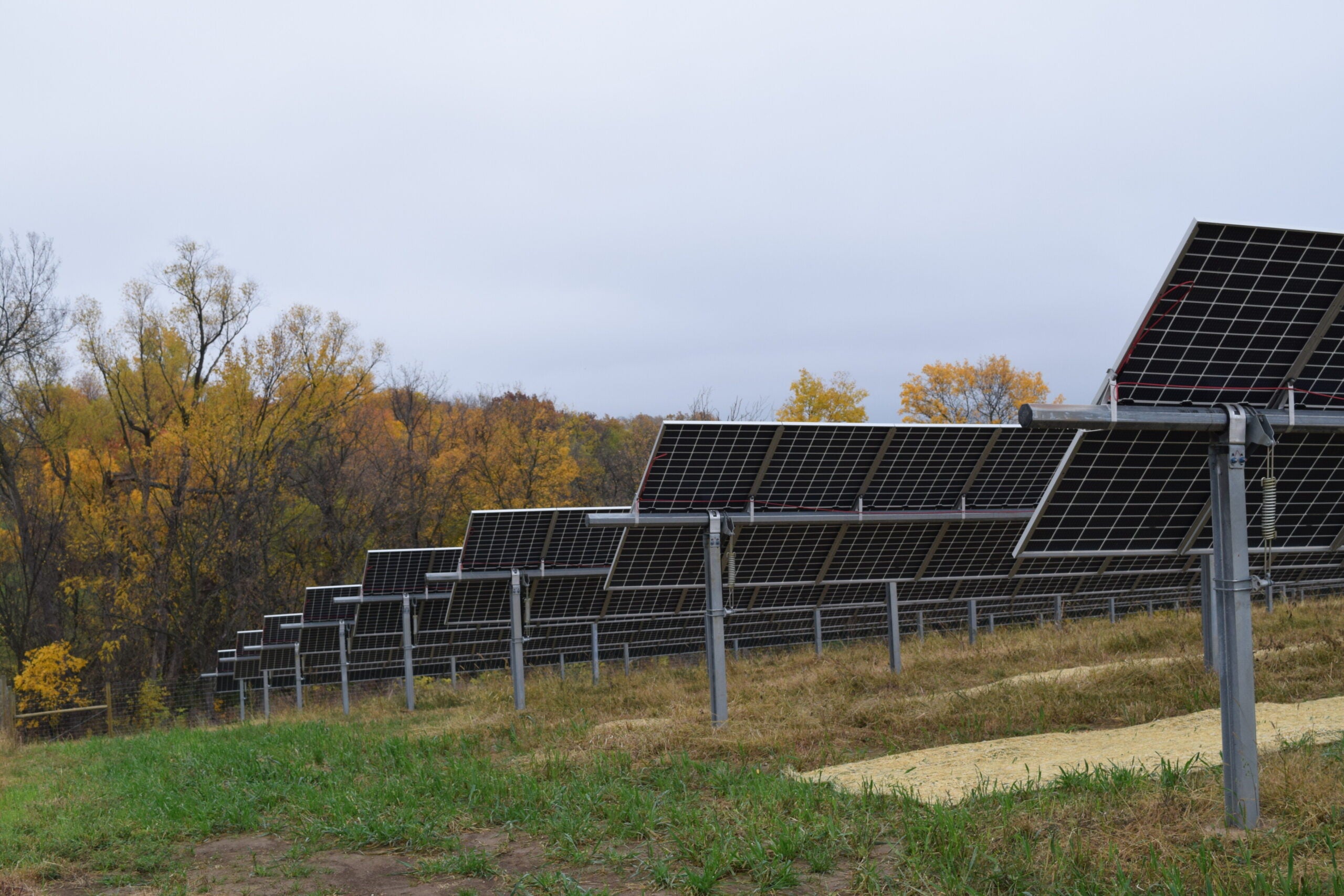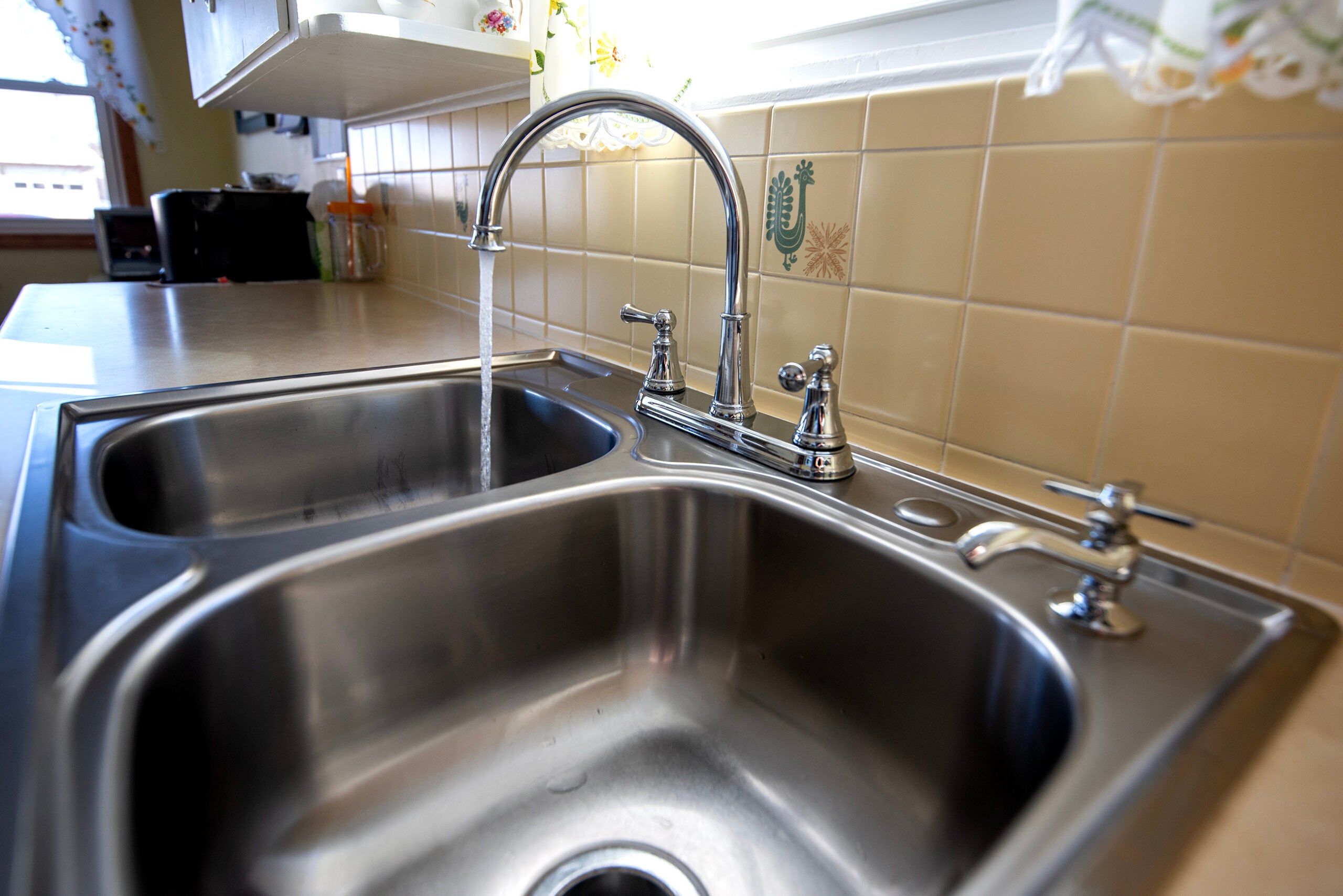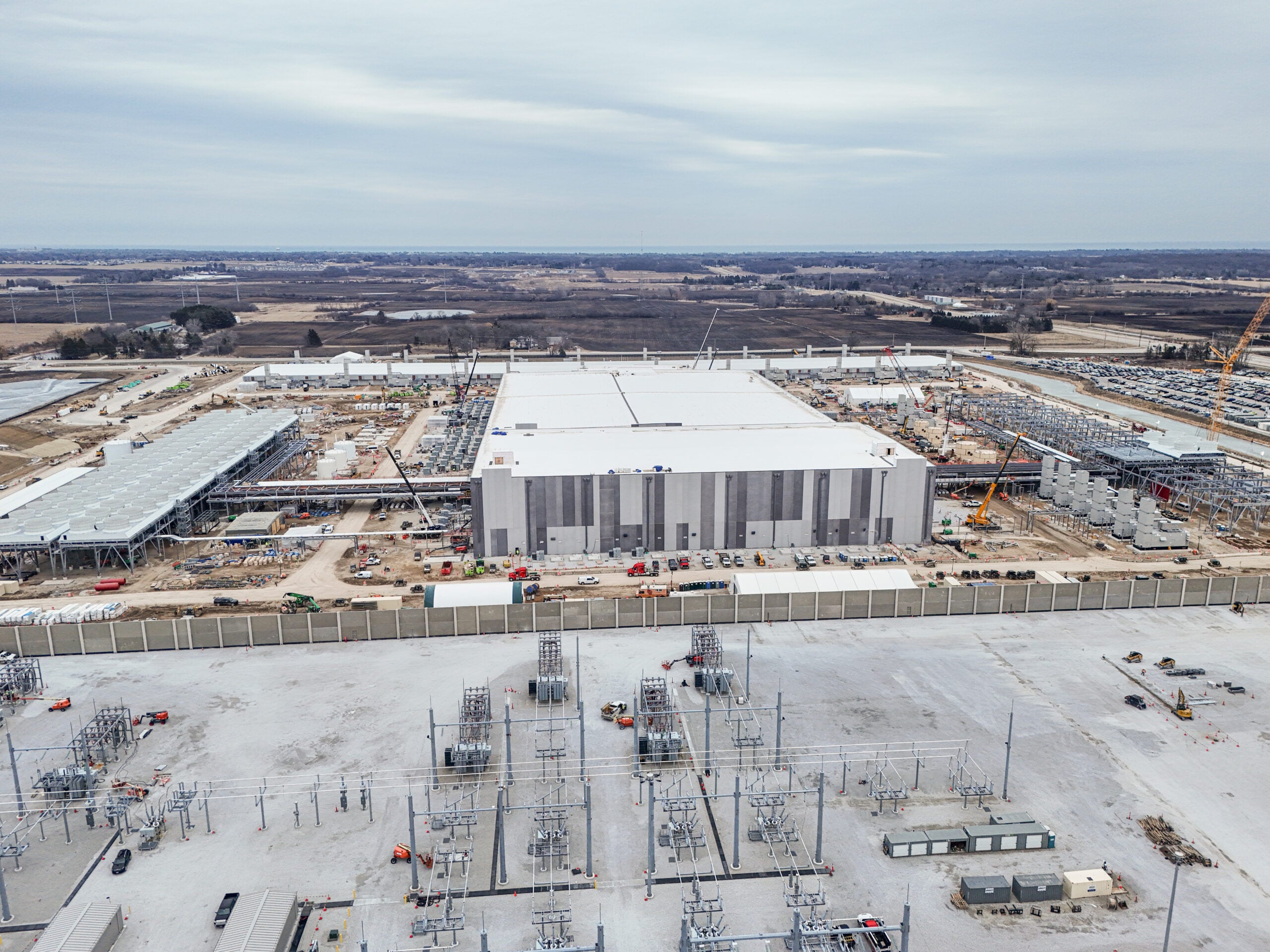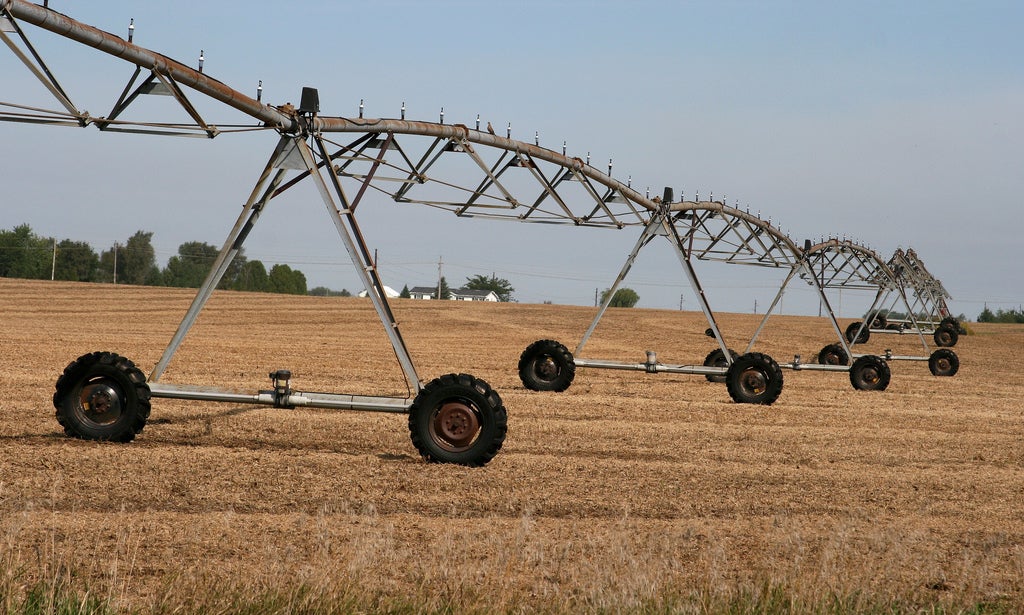A bill that would reduce government oversight of high-capacity well construction in Wisconsin is scheduled for a vote in the state Assembly on Thursday.
High-capacity wells, which can pump up to 100,000 gallons of water per day, are used by businesses and the agricultural industry.
Conservation groups worry about the wells depleting groundwater supply throughout the state, particularly in Wisconsin’s Central Sands region.
News with a little more humanity
WPR’s “Wisconsin Today” newsletter keeps you connected to the state you love without feeling overwhelmed. No paywall. No agenda. No corporate filter.
“There are people whose drinking water wells are running dry and lakes and rivers are drying up because high-capacity wells are over-pumping our groundwater supply,” said Kerry Schumann, executive director of the Wisconsin League of Conservation Voters. “We are very concerned that, despite an outpouring of opposition from thousands of Wisconsinites … legislators chose to listen to special interests rather than their constituents.”
The bill would allow owners of high capacity wells to repair or replace an existing well on their property without seeking approval from the Department of Natural Resources. Owners would also be able to transfer all approvals on their well if they sell their property.
Proponents, which include Wisconsin Manufacturers & Commerce and the Wisconsin Farm Bureau Federation, say the bill provides stability for businesses by ensuring they don’t spend money building a well that they may someday be prohibited from repairing or replacing.
The Central Sands Water Action Coalition, a grassroots group that’s vigorously opposed to the bill, said its primary concern is the transfer of approvals between property owners.
“This becomes a perpetual property right with no oversight by anyone,” said Skip Hansen, coordinator for the organization. “To my knowledge, I don’t think there is any other permit or license issued in the state of Wisconsin that is issued in perpetuity.”
The plan is sponsored by Westby Republican Rep. Lee Nerison, but it cleared an Assembly committee with the help of Nekoosa Republican Rep. Scott Krug, who represents part of the Central Sands region.
Krug did not immediately return a call seeking comment. He had previously been pushing another, more comprehensive high-capacity well bill, which he declared “dead” last week, citing difficulties in striking a compromise between environmental and business groups.
But earlier this week, Krug amended Nerison’s bill to require that the DNR evaluate and model the hydrology of several central Wisconsin watersheds. His amendment would also allow for the construction of a high-capacity well for use in the studies, if necessary.
Under Krug’s plan, if the study concludes that special action is necessary to protect watersheds, the DNR is required to hold a public hearing and submit a report to the Legislature, outlining recommended legislative action.
Krug’s amendment also requires well owners who replace, repair or transfer ownership of a well to report water usage levels. It also includes a provision allowing someone to bring a nuisance lawsuit against a well owner for perceived negative effects of groundwater withdrawal.
If passed in the Assembly, the bill would still need approval by the Senate, which will return to Madison for one final session day in March.
Wisconsin Public Radio, © Copyright 2025, Board of Regents of the University of Wisconsin System and Wisconsin Educational Communications Board.







